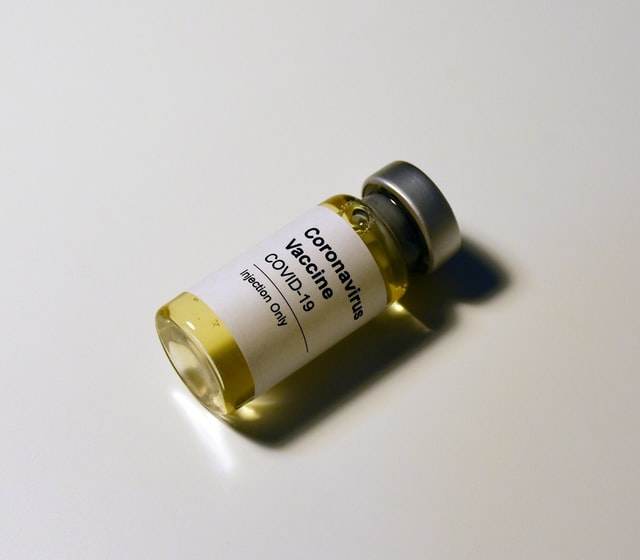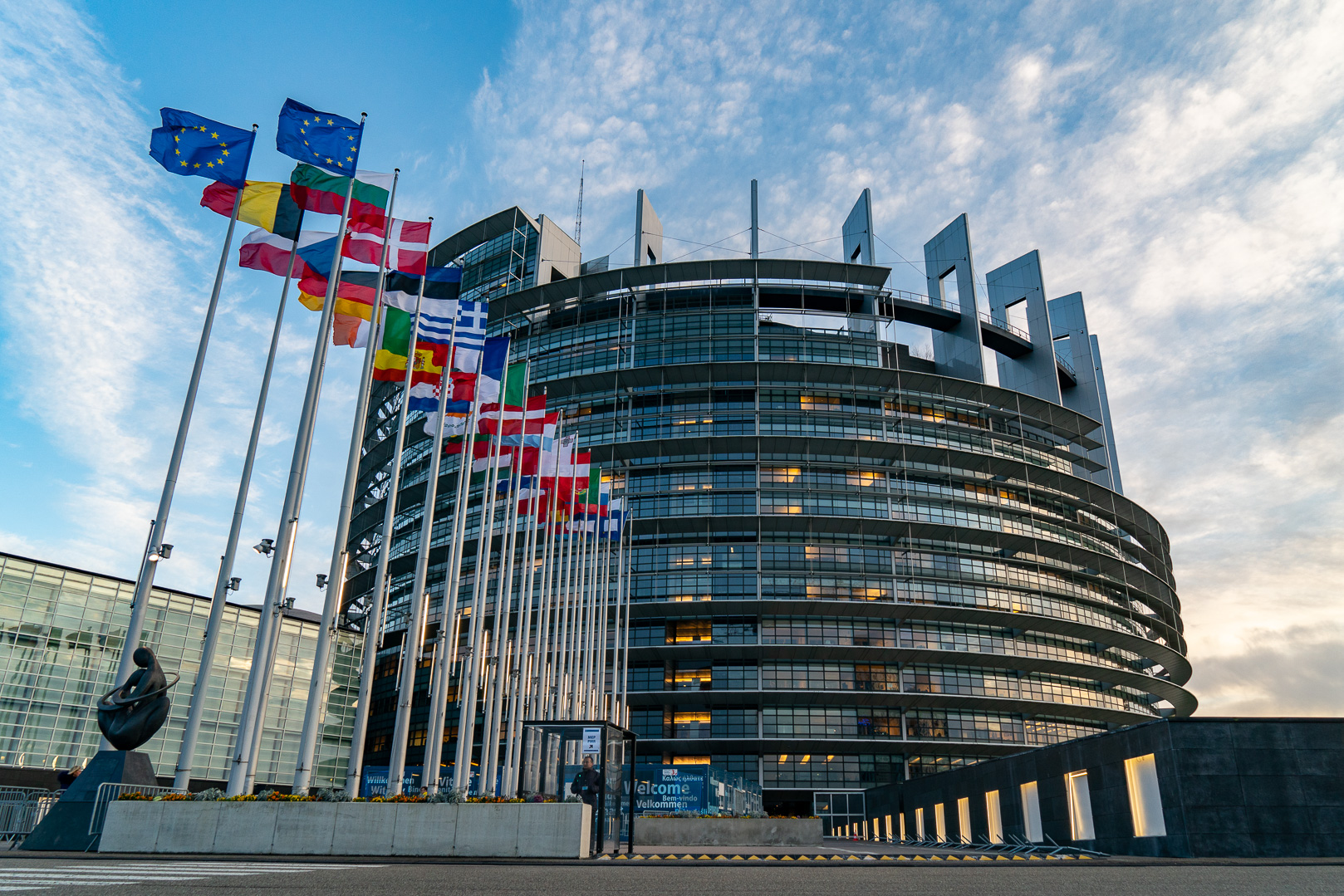The value of AstraZeneca’s shares remained stable on Tuesday, despite a mass suspension of the company’s COVID vaccine in several European countries in recent days.
At market open on Tuesday, in fact, the company’s share value hopped more than one per cent.
This comes after prominent EU countries, including Germany, France, Italy, and Spain suspended their use of the COVID vaccine produced by AstraZeneca as a “precautionary measure”, in light of isolated reports of blood clots in recipients of the vaccine.
Responding to the suspension, and the health concerns, AstraZeneca pointed out on Sunday that blood-clot occurrences amongst those that have received the vaccine is actually not higher than it would have been expected to be amongst the general population.
That the company’s share price does not seem to have suffered the fallout of the vaccine fears yet is likely reflective of the fact it does not make a profit from its vaccine production, according to its “no-profit pledge”.
If there is any damage to the company’s value due to the vaccine, it seems likely to be the result of damage to its reputation.
Both the World Health Organisation and the European Medicines Agency are expected to hold meetings this week to decide whether action needs to be taken in light of the possible health risks, but until then, analysts have indicated that the incident could have a major impact on the company’s reputation, and thus stock price.
Analysts, such as Michael Hewson, chief market analyst at CMC Markets have indicated that fears surrounding the vaccine, and a possible decreased uptake in the wake of this might delay the overall European recovery.
“This is yet another blow to the credibility of the Oxford vaccine, and ultimately the last thing AstraZeneca, and more importantly the populations of Europe needs, given that, of all the vaccines, the [AstraZeneca] jab is by far the easiest to transport,” he commented.
Furthermore, “the problems are also likely to delay the timeline of an economic re-opening across Europe, as the vaccination program sees vaccine shortages get more acute, with the result that more people are likely to become infected, and possibly die.”
Many spectators, including Mr Hewsom, have suggested that it might be political reasons, rather than medical reasons that has seen the suspension of the vaccine in so many European states, implying that the EU is using AstraZeneca as a scapegoat to disguise its own failure in respect to the vaccine rollout.
The EMA verdict on the vaccine is expected to be released on Thursday.
Ryanair cuts Malta link to Serbia’s Niš
The low-cost airline is slashing some major routes in Germany, Spain, Belgium, Portugal and Malta
Event tourism is the standout travel trend for 2026 – How will Malta fare?
The global tourism market is booming, and events are leading the way
EU Parliament agrees on common system to calculate corporations’ taxable income
The reform is designed to replace today’s patchwork of national tax rule






